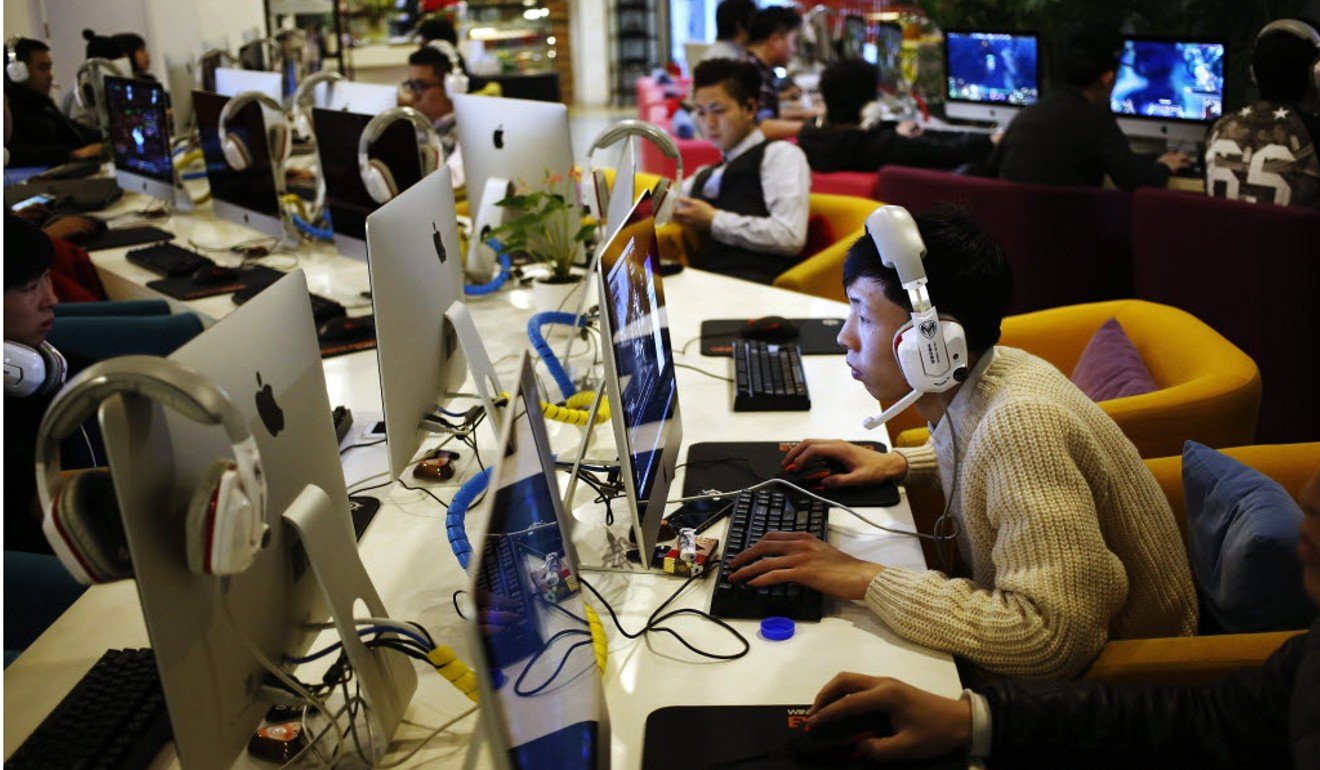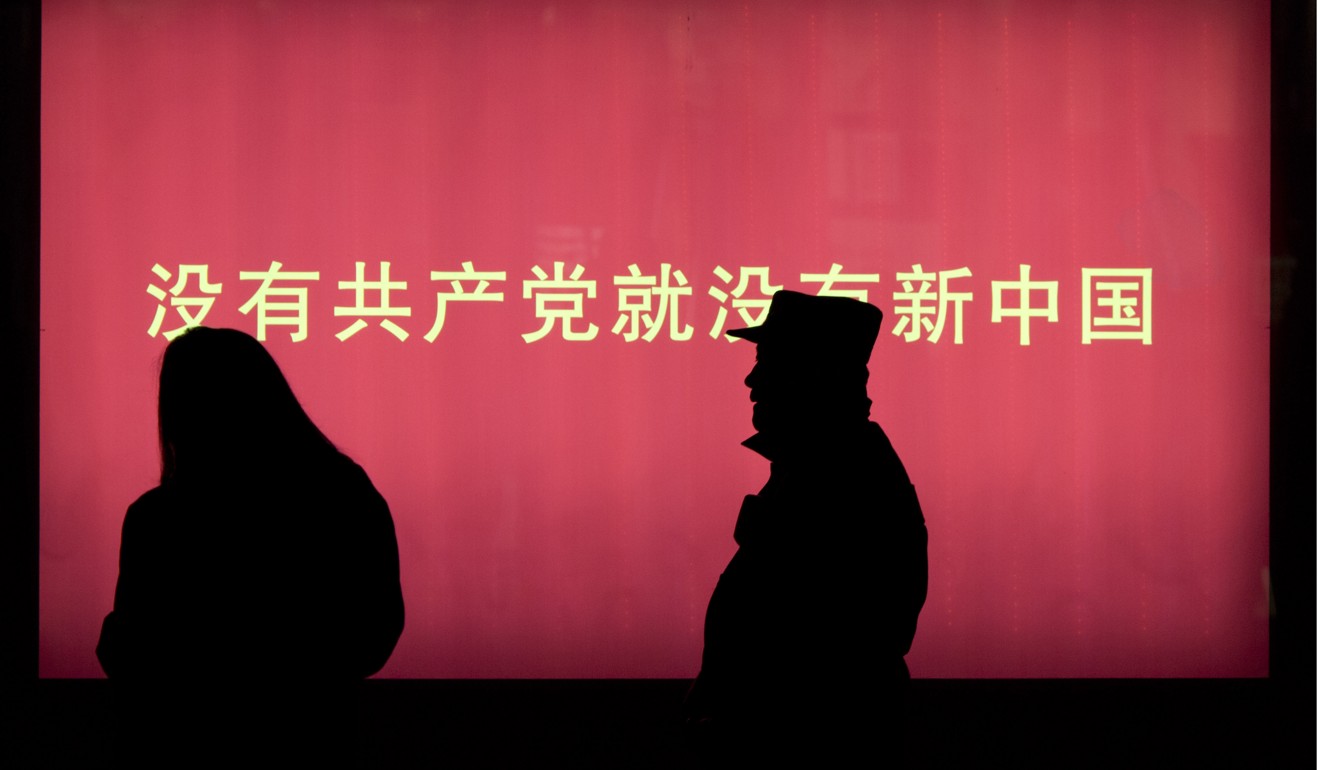
China’s internet regulator orders online AI algorithms to promote ‘mainstream values’
- Systems should direct users to approved material on subjects like Xi Jinping Thought, or which showcase the country’s economic and social development, Cyberspace Administration of China says
- They should not recommend content that undermines national security, or is sexually suggestive, promotes extravagant lifestyles, or hypes celebrity gossip and scandals
Chinese social media platforms, websites and apps that use algorithms powered by artificial intelligence to recommend or suggest content to their users must ensure the technology steers people towards material that adheres to “mainstream values”, the country’s top internet regulator said.
The Cyberspace Administration of China released its draft regulations on “managing the cyberspace ecosystem” on Tuesday in another sign of how the ruling Communist Party is increasingly turning to technology to cement its ideological control over society.
The proposals will be open for public consultation for a month and are expected to go into effect later in the year.

Since President Xi Jinping rose to power seven years ago, Beijing has significantly stepped up its efforts to “clean up” the internet. Authorities now regularly crack down on “illegal” and “harmful” content on websites, mobile phone apps, forums, instant messaging and live-streaming platforms, shutting down sites and accounts, and punishing operators with hefty fines and service suspensions.
But the latest rules point to a new strategy to use AI-driven algorithms to expand the reach and depth of the government’s propaganda and ideology.
China’s Great Firewall no barrier to online battles over Hong Kong protests
The regulations state that information providers on all manner of platforms – from news and social media sites, to gaming and e-commerce – should strengthen the management of recommendation lists, trending topics, “hot search” lists and push notifications.
“Online information providers that use algorithms to push customised information [to users] should build recommendation systems that promote mainstream values, and establish mechanisms for manual intervention and override,” it said.
The government’s long list of “encouraged” content includes resources that promote Xi Jinping Thought, party policies and socialist core values, that showcase the country’s economic and social development, and which help to promote Chinese culture and stability.
On the banned list is material that undermines national security and interests, and “harmful information” that is sexually suggestive, promotes extravagant lifestyles, flaunts wealth or hypes celebrity gossip and scandals.

The idea of using “mainstream values” to rein in algorithms has gained traction among Chinese academics, state media and officials.
In a commentary published last year, party mouthpiece People’s Daily decried the spread of “false information and vulgar content” aided by recommendation algorithms.
Despite the best efforts of some internet platforms to control content – one app company deployed half its workforce to censorship duties – the commentary said they repeatedly failed.
Watch out Peppa Pig: censors on alert ahead of China’s 70th anniversary
The reason, it said, was an overreliance on technology that was designed to consider only users’ interests and habits, rather than the quality of the content.
“Every single technical framework, every line of code, every interface represents a choice, indicates a judgment and carries values,” it said.
“Technology is not an excuse for evading responsibility by claiming to be neutral, but should instead become a gateway to inspire thinking, awaken wisdom and spread mainstream values.”
Several social media sites have already taken steps to keep the authorities happy. Last year, the Twiter-like microblogging platform Weibo suspended its “hot search” and “hot topics” lists for a week after it was blasted for failing to properly censor material and promoting vulgar content.
When the features returned they incorporated a new section titled “The New Era”, which recommended topics promoting “positive energy”, covering everything from the party’s anti-corruption inspections to “China’s contributions to the world’s economic growth”.
For more insights into China tech, sign up for our tech newsletters, subscribe to our Inside China Tech podcast, and download the comprehensive 2019 China Internet Report. Also roam China Tech City, an award-winning interactive digital map at our sister site Abacus.

